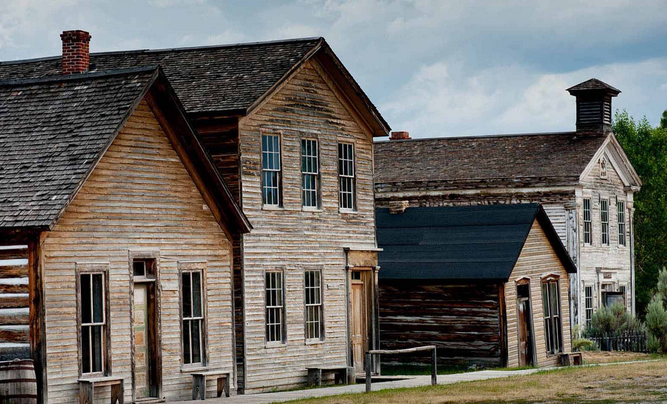In today’s community, the issue of squatting has become a longstanding debate amongst homeowners, lawful professionals, and human rights activists likewise. Squatting is the action of living in an deserted or unoccupied building or place without consent from the legitimate operator. It is a dubious concern that provides a difficult moral issue. In this post, we will dive deep in the why do squatters have rights occurrence and check out what squatting is, its affect on culture, and its particular consequences for property owners and government authorities.
Squatting is not a whole new occurrence as it really has been common for hundreds of years, and recently it has become an international problem in downtown locations worldwide. Squatting allures people for many different factors, such as homelessness, poverty, and governmental or social struggles. It happens in numerous situations, from buildings earmarked for improvement to foreclosed attributes to land proper rights quarrels. The rise inside the trend is normally attributed to the earnings inequalities that define several societies these days.
Squatters often refer to themselves as ‘housing activists’ or ‘habitat defenders’ and promoter for right to protection. They see empty properties and places as being a public source which can be used to give low-charge homes for that disadvantaged. Squatters debate that their actions are needed to obstacle the current capitalist program that prioritizes profit above individual needs.
Squatting is not merely harmful to property owners but in addition creates a tremendous problem to government bodies. It offers a challenging authorized condition that respective authorities must browse through facing squatters. In many nations, squatting is illegal, however the illegal justice method is often gradual to react. This is because property owners must confirm squatters have trespassed or violated home privileges.
The matter of squatting also increases questions on residence possession, sociable inequality, along with the submission of sources. Some argue that the right to shelter is actually a simple individual appropriate, and therefore vacant property and spaces should be utilized to house the homeless or offer affordable real estate. Others believe that squatting undermines house rights and it is a kind of thievery.
To put it briefly:
What should be done about squatting, and who should have the responsibility of managing the problem of homes to the needy? In To put it briefly, squatting is really a intricate problem that needs to be dealt with. It increases questions about house possession, sociable inequality, and the requirement for inexpensive property for those. When squatters argue that they are replying to a humanitarian crisis, property owners think that their rights have been disregarded. The best approach to the occurrence might be a well balanced the one that amounts the requirements homeowners and the legal right to protection for your homeless. It is time and energy to rethink the way we manage our urban spots and address the increasing requirement for cost-effective homes.
